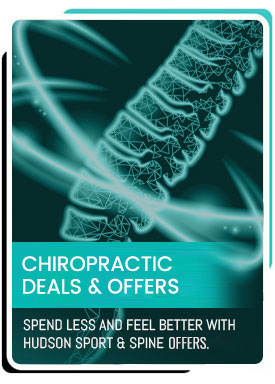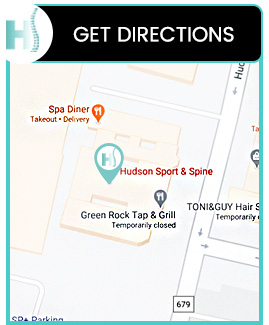Tennis Elbow Treatment Specialist in Hoboken, NJ
At Hudson Sport & Spine, Dr. Todd Givens, DC, and his team specialize in treating tennis elbow, a common overuse injury affecting the outer elbow. Utilizing a combination of chiropractic care, physical therapy, massage therapy, and acupuncture, they provide a comprehensive, non-surgical approach to alleviate pain, reduce inflammation, and restore function. Each treatment plan is tailored to the individual’s needs, aiming to promote healing and prevent future injuries. For more information, contact us today or schedule an appointment online. We are conveniently located at 70 Hudson Street, suite 2B Hoboken, New Jersey 07030.
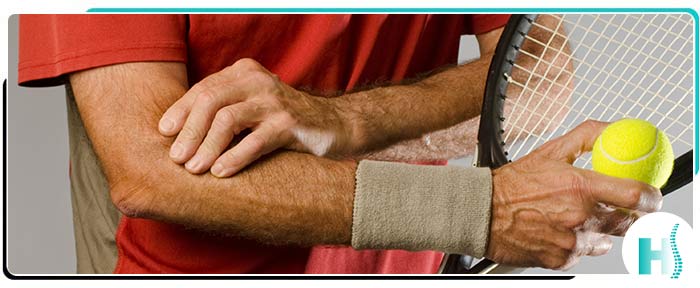
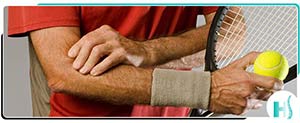
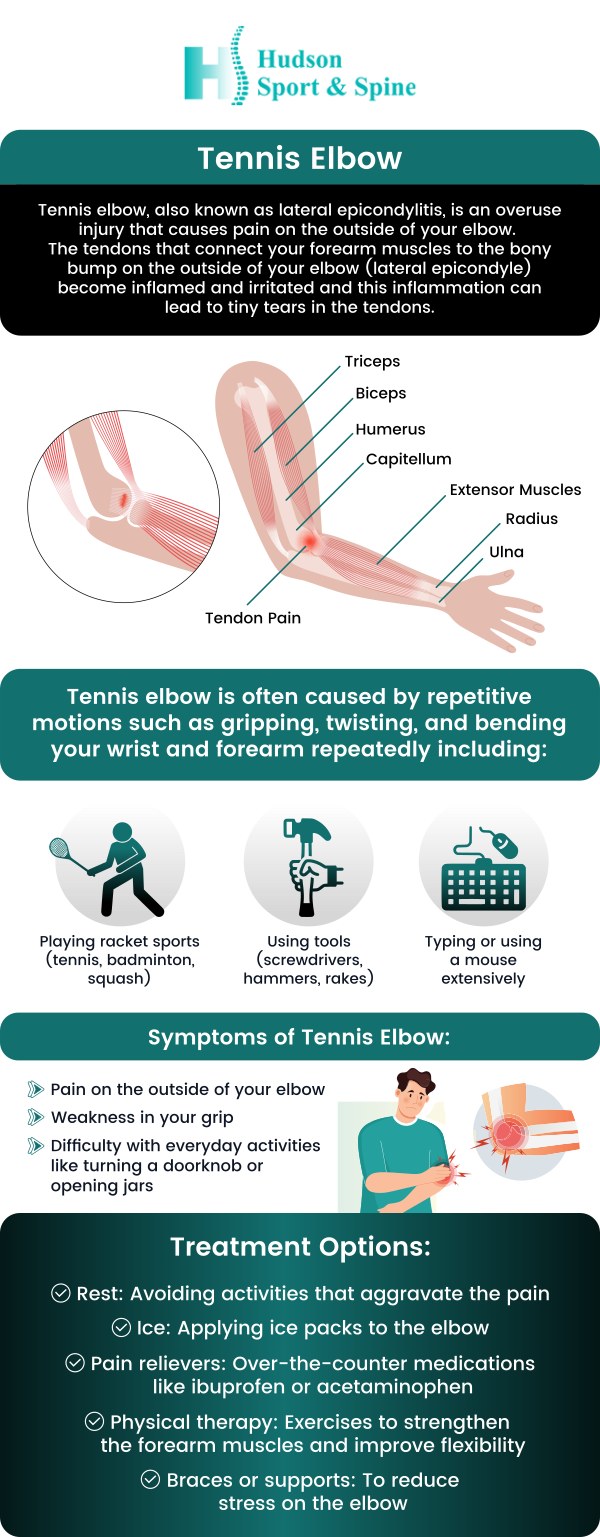
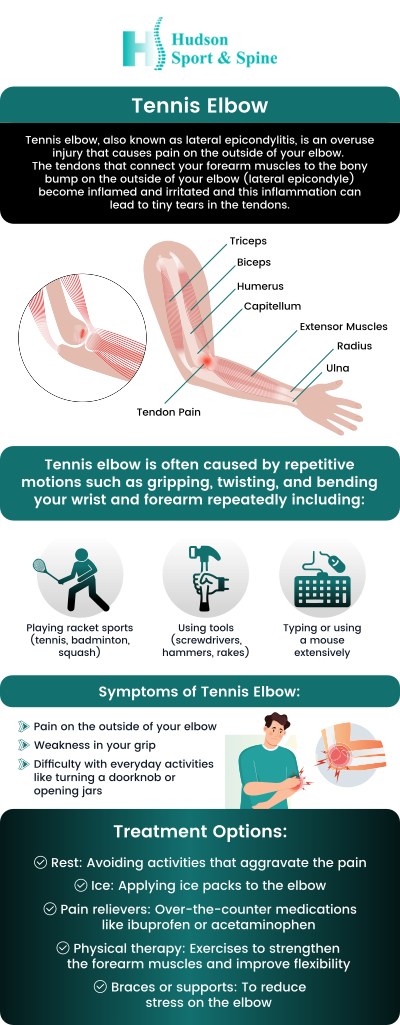
Table of Contents:
What gets mistaken for tennis elbow?
What is the best way to fix tennis elbow?
What triggers tennis elbow?
What not to do with tennis elbow?
Tennis elbow, medically known as lateral epicondylitis, is a common condition that we frequently diagnose and treat at Hudson Sport & Spine. Our specialists understand that elbow pain can have various causes and is often mistaken for related conditions due to overlapping symptoms.
For instance, a golfer’s elbow (medial epicondylitis) often presents similarly to tennis elbow, but there are key differences. While tennis elbow is characterized by inflammation and pain on the outer part of the elbow, golfer’s elbow involves pain and inflammation of tendons on the inner side of the elbow. At Hudson Sport & Spine, our providers carefully assess your symptoms and perform detailed examinations to accurately differentiate and diagnose these conditions.
Another condition we commonly encounter is elbow bursitis, specifically olecranon bursitis. This condition involves inflammation of the fluid-filled sacs (bursae) around the elbow joint and typically results in noticeable swelling and tenderness. Unlike tennis elbow, bursitis often arises due to direct trauma or prolonged pressure. Our experienced medical team can identify this condition through clinical evaluation and diagnostic imaging, ensuring appropriate intervention and care.
Radial tunnel syndrome is another condition that can closely mimic tennis elbow. It involves compression of nerves in the forearm, causing pain near the outer elbow and forearm. Unlike tennis elbow, radial tunnel syndrome often includes nerve-related symptoms such as tingling, numbness, or weakness. At Hudson Sport & Spine, our diagnostic evaluations and nerve assessments help us distinguish this nerve compression condition from tendon-related issues like tennis elbow.
Initially, we recommend rest and modifying movements that trigger pain. Adjusting techniques in activities such as tennis, golf, gardening, typing, or heavy lifting can significantly reduce discomfort and prevent further injury.
Our team often advises patients to apply ice packs to the affected area regularly, particularly after physical activities, to reduce inflammation and ease pain. Typically, icing sessions of 15–20 minutes, performed several times a day, help manage acute symptoms effectively.
Anti-inflammatory medications, such as ibuprofen or naproxen, might also be considered to control inflammation and manage pain symptoms. However, at Hudson Sport & Spine, our experienced professionals carefully guide you regarding the use of medications, ensuring safety and effectiveness.
A cornerstone of recovery is customized physical therapy. Our experienced therapists provide specialized strengthening and stretching exercises designed specifically for your condition. These individualized rehabilitation programs improve flexibility, restore function, and promote proper healing of the affected tendons.
Additionally, our experts may recommend the use of elbow braces or supports. These devices offer targeted compression and help reduce strain on the tendon during movements. By minimizing stress and supporting the elbow joint, braces can facilitate faster healing and enhance patient comfort during daily activities and sports.
At Hudson Sport & Spine, our team specializes in diagnosing, treating, and preventing common musculoskeletal conditions such as tennis elbow, medically known as lateral epicondylitis. Tennis elbow typically arises from repetitive strain and overuse of the forearm muscles that extend from the wrist and fingers to the elbow. Activities involving repetitive gripping, twisting, or wrist extension can place excessive stress on the tendons attaching to the outer elbow, resulting in inflammation, discomfort, and reduced function.
Although tennis elbow is often linked with racquet sports, particularly tennis, our specialists understand that this condition frequently affects individuals across a wide variety of activities. Occupations and hobbies involving repetitive movements—such as painting, typing, carpentry, plumbing, gardening, or frequent tool use—can also lead to tennis elbow. Additionally, factors like improper technique or unsuitable equipment, including tennis racquets with incorrect grip size or tension, may further contribute to symptoms.
At Hudson Sport & Spine, we emphasize the importance of proper conditioning, appropriate equipment selection, and gradual increases in activity intensity and duration to minimize the risk of developing tennis elbow. Furthermore, our individualized treatment plans are designed to support patients, particularly those aged between 30 and 50 who may be more susceptible to this condition, helping them recover and return to their daily activities pain-free.
When managing tennis elbow, our specialists at Hudson Sport & Spine emphasize the importance of identifying and avoiding certain behaviors and activities that can aggravate the condition. We frequently see patients who unintentionally prolong their symptoms by continuing repetitive arm motions or strenuous gripping and twisting actions. These repetitive movements can further irritate tendons, intensify inflammation, and delay recovery.
We strongly advise our patients to avoid lifting heavy objects while experiencing symptoms of tennis elbow, as this places unnecessary strain on the already compromised elbow joint and tendons, potentially exacerbating pain and discomfort.
Another critical aspect our team highlights is the necessity of adequate rest. Neglecting proper rest periods can prevent tendons from fully healing, potentially turning an acute injury into a chronic condition. We encourage our clients to listen closely to their bodies’ signals, and not to ignore persistent pain or discomfort. If symptoms linger despite at-home care, our experienced clinicians at Hudson Sport & Spine are here to provide professional evaluation and personalized treatment solutions, helping patients avoid complications and promote effective recovery.
Many patients unknowingly worsen their condition by engaging in overly aggressive or improperly performed exercises. At Hudson Sport & Spine, our physical therapy specialists guide patients through gentle, controlled, and supervised rehabilitative exercises tailored specifically to their individual needs. This personalized approach helps reduce inflammation, improve tendon strength, and accelerate the healing process.
At Hudson Sport & Spine, Dr. Todd Givens, DC, provides personalized, non-invasive treatment for tennis elbow (lateral epicondylitis), focusing on pain relief, healing, and long-term recovery. Tennis elbow isn’t just for athletes—it can result from repetitive arm and wrist movements, often linked to work or daily activities. Dr. Givens starts with a thorough assessment to identify the severity of the tendon strain and any underlying biomechanical issues. At Hudson Sport & Spine, treatment may include soft tissue therapy, targeted exercises, joint mobilization, and ergonomic guidance to relieve stress on the elbow and promote healing.
Dr. Givens creates a plan that addresses both the pain and the root cause, helping prevent future flare-ups. With hands-on care and one-on-one attention, Hudson Sport & Spine helps patients regain strength, mobility, and confidence in their arm without injections or surgery—so you can get back to work, play, and life pain-free. For more information, contact us today or schedule an appointment online. We are conveniently located at 70 Hudson Street, suite 2B Hoboken, New Jersey 07030. We serve patients from Hoboken NJ, Jersey City NJ, Weehawken NJ, West New York NJ, Guttenberg NJ, Secaucus NJ, Harrison NJ, Kearny NJ, Newark NJ, Belleville NJ, North Bergen NJ and Lyndhurst NJ.
Check Out Our 5 Star Reviews



